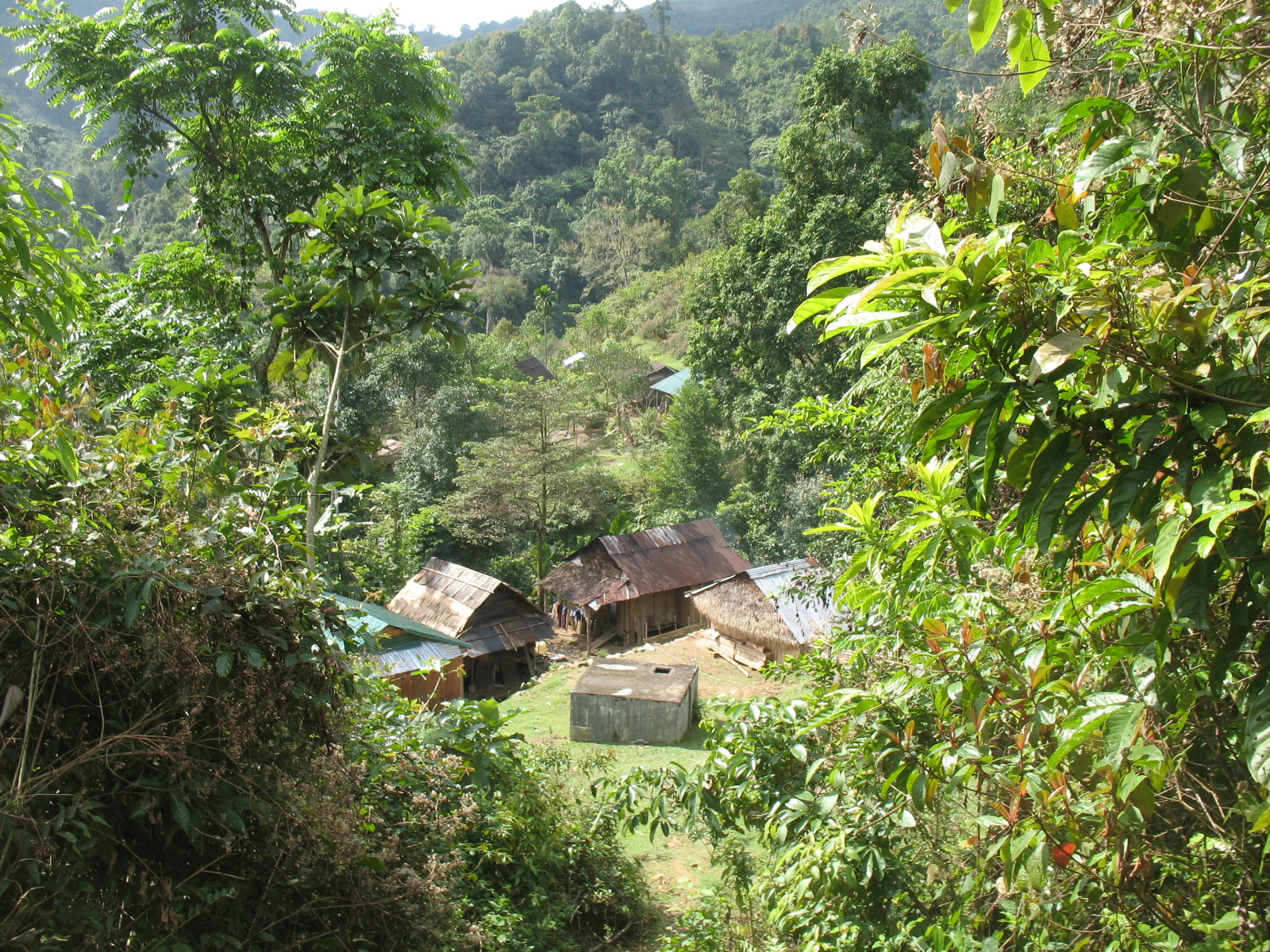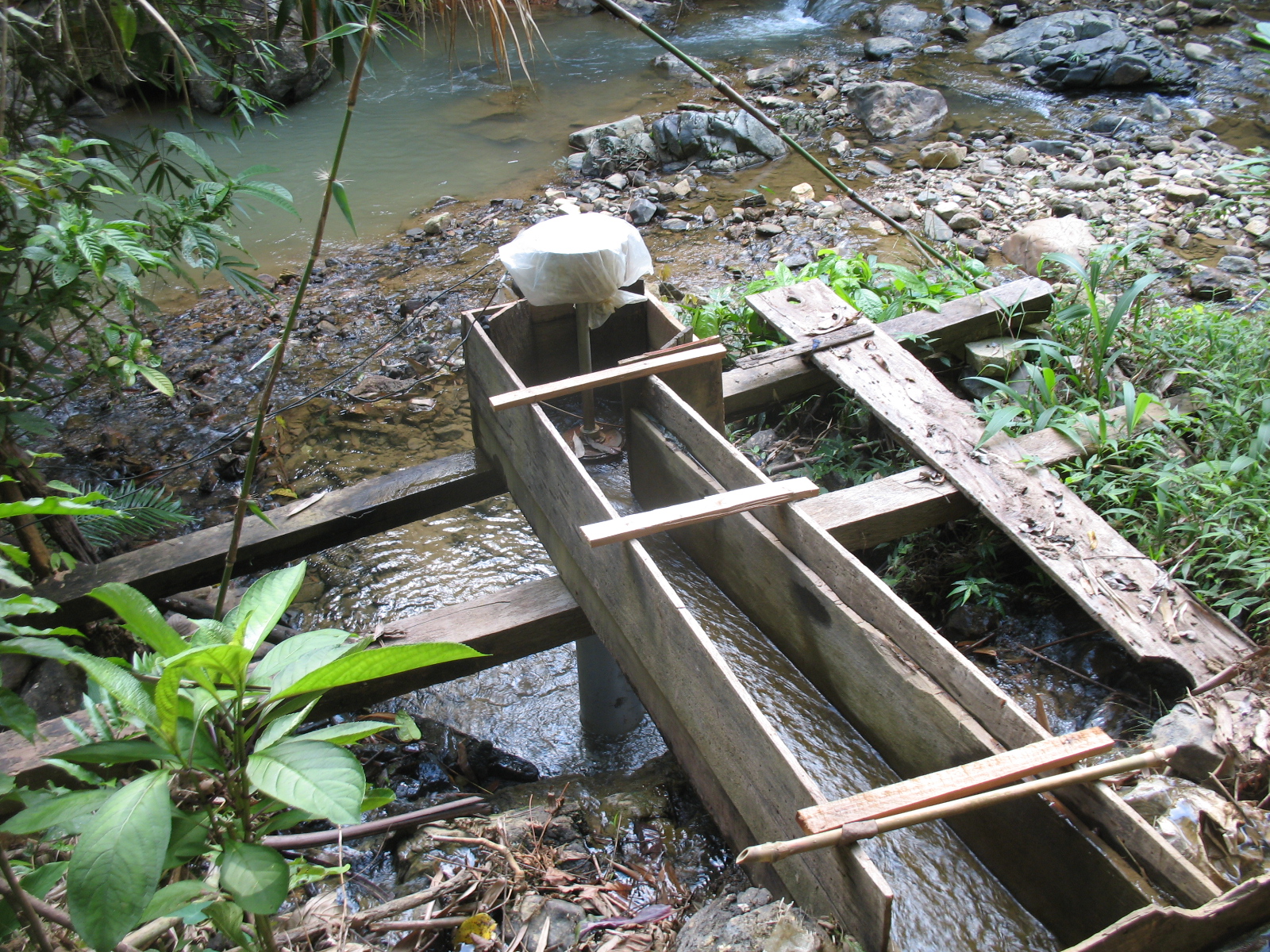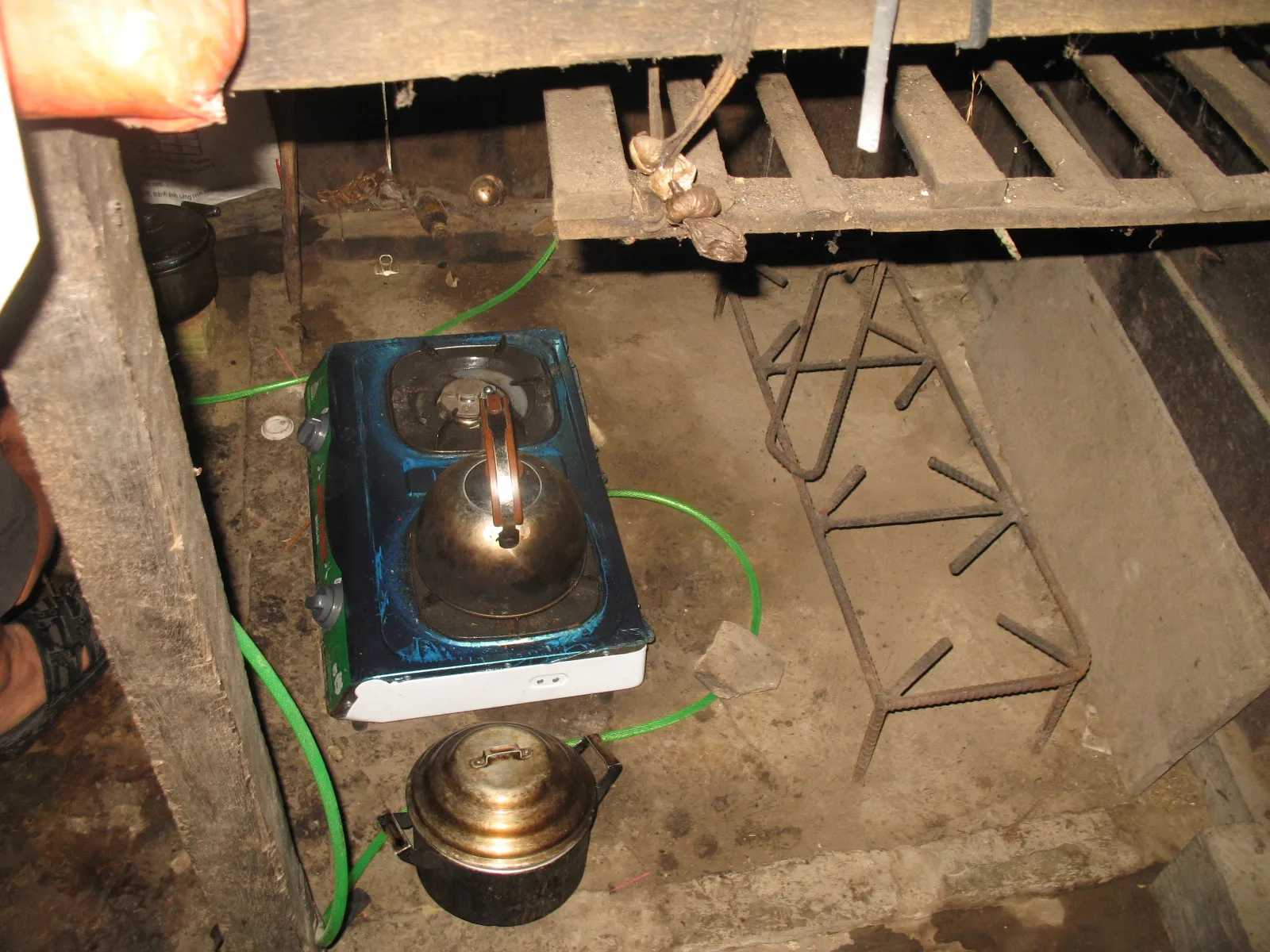Sustainable business model to deliver renewable energy to rural villages in Vietnam

Background
Extending reliable grid-based systems to sparsely populated areas is often not financially viable, which has proven a barrier to the electrification of parts of rural Vietnam.
World Vision has already succeeded in establishing reliable community-driven networks for the distribution of energy efficient stoves in rural Africa and Latin America. This approach leveraged local community organisations to promote the interventions and required intensive government consultation and interface with all partners.
Through this project, World Vision aimed to build on this approach to develop a viable business model for providing energy in off-grid communities in Vietnam, including a financial approach with realistic payback periods and repayment rates. The model also reflected the complementary energy demands of schools and households – schools primarily requiring electricity during the day and households in the evening.
Image (above): An unelectrified village in Vietnam
Purpose
To create a business model to deliver clean electricity to off-grid villages in Vietnam and test and refine the model in two communities to ensure its viability for a wider roll-out.
Main Activities
- Develop a toolkit for assessing viability of renewable technologies based on location, capacity, current energy usage and community needs
- Develop a financial system including payback periods for the community
- Develop a legal and financial pathway for connecting micro-systems to a grid
- Implement, test and refine the business model in two communities
- Develop community-owned entities to implement, manage, monitor and maintain renewable energy assets
- Construct the actual plants and mini-grids in the test communities
- Hold local training on installation, use and maintenance of technology
- Develop local community awareness and school education campaigns
- Investigate deployment of energy-efficient appliances (e.g. cook stoves) in project communities
Image (right): Pico-hydro installation – one of several possible solutions for rural villages.

Expected Impact
- Renewable energy business model tested and developed for application in remote rural villages in Vietnam
- Provision of 100 MWh of renewably sourced electricity per year to two remote villages
- Achieved energy savings of 42MWh per year worth $12,000
- Savings of 20,000 tons CO2-e per year
- Creation of local employment for 30 people trained across two villages
- Increased economic activity through energy provision to business and for education or work at night
- Decreased levels of indoor air pollution via more efficient cook stoves
